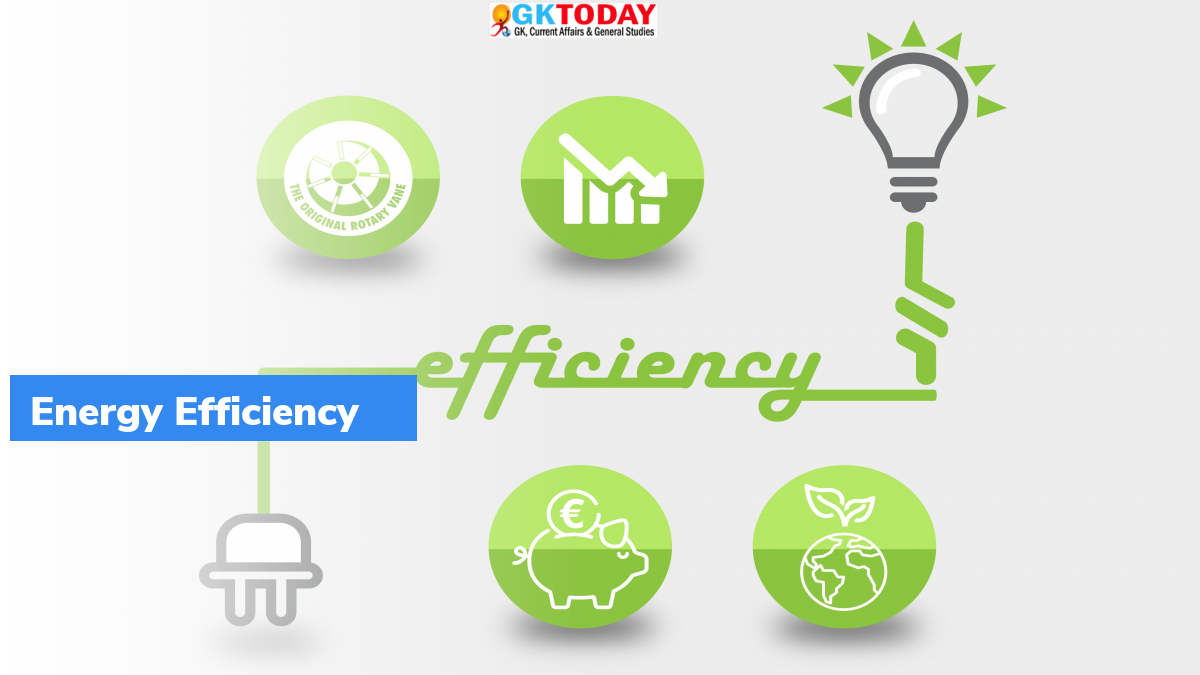State Energy Efficiency Index 2021-22
The State Energy Efficiency Index (SEEI) 2021-22 report was released on April 12 this year during the RPM meeting of States and State Utilities in New Delhi.
Bureau of Energy Efficiency (BEE) and Alliance for an Energy-Efficient Economy (AEEE) developed the SEEI index. SEEI 2021-22 assesses the annual progress of states and union territories in energy efficiency implementation for FY 2020-21 and 2021-22. The updated framework of SEEI 2021-22 has 50 indicators aligned with national priorities.
Front Runner and Achiever Categories
SEEI 2021-22 categorized the states into two groups, Front Runner and Achiever. The Front Runner category includes states with a score greater than 60 points, while the Achiever category comprises states with scores between 50-60 points.
Five states – Andhra Pradesh, Karnataka, Kerala, Rajasthan, and Telangana – are in the Front Runner category, while four states – Assam, Haryana, Maharashtra, and Punjab – are in the Achiever category. Karnataka, Andhra Pradesh, Assam, and Chandigarh are the top-performing states in their respective state groups. Telangana and Andhra Pradesh showed the most improvement since the last index.
SEEI Recommendations
The SEEI report recommends several actions to help states drive change in energy efficiency (EE) and contribute towards the fulfillment of SDGs and NDC. These include enabling fiscal assistance for energy efficiency in the focus sectors, developing institutional capacity in states and UTs to address emerging needs and challenges in energy efficiency implementation, enhancing cross-functional collaborations across financial institutions, energy service companies, and energy professionals in large-scale energy efficiency implementation in states, and mainstreaming energy data reporting and monitoring across sectors.
Bureau of Energy Efficiency (BEE)
The Bureau of Energy Efficiency is a statutory body under the Ministry of Power. Its objective is to assist in the development of policies and strategies with a thrust on self-regulation and market principles, within the overall framework of the Energy Conservation Act, 2001. Its core aim is to minimize the energy intensity of the Indian economy.
Month: Current Affairs – April, 2023
Category: Reports & Indexes Current Affairs


